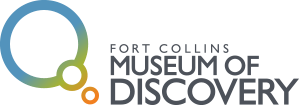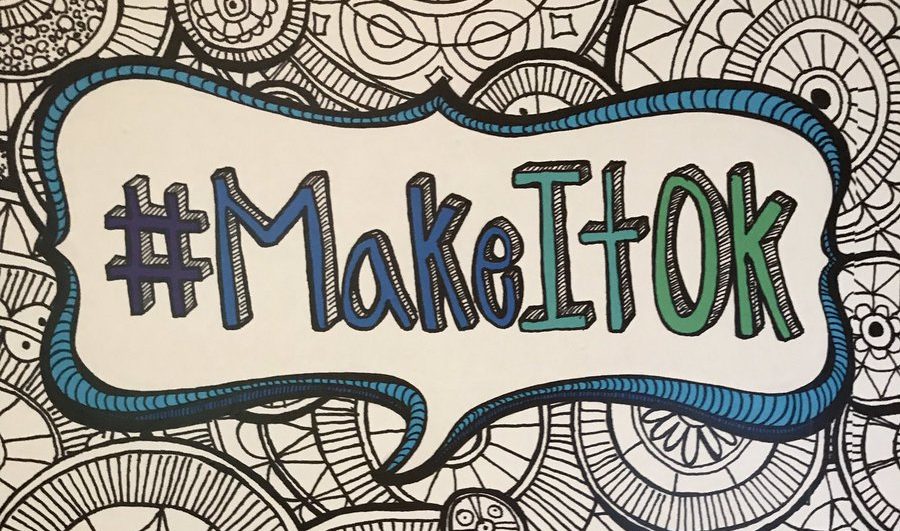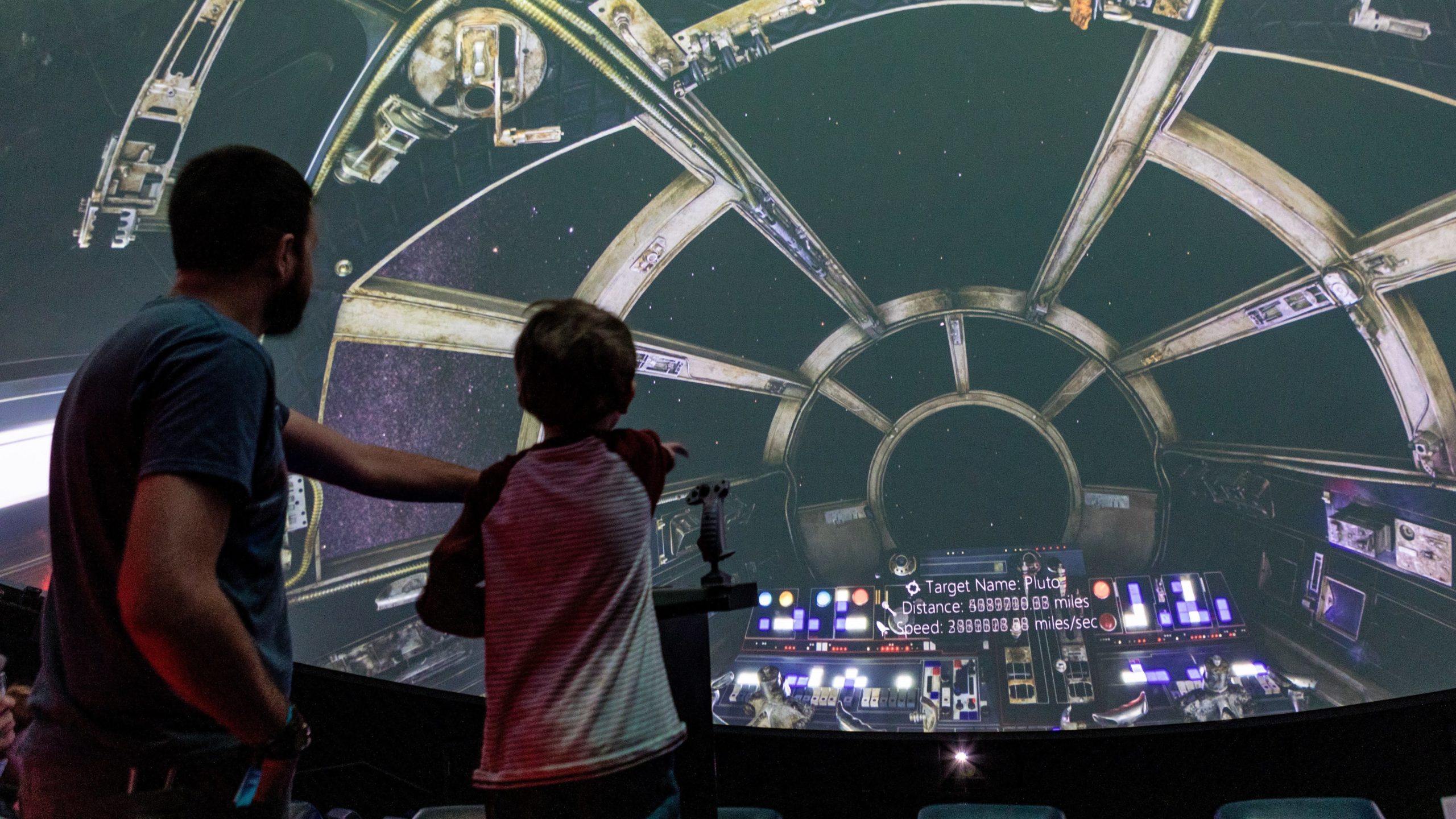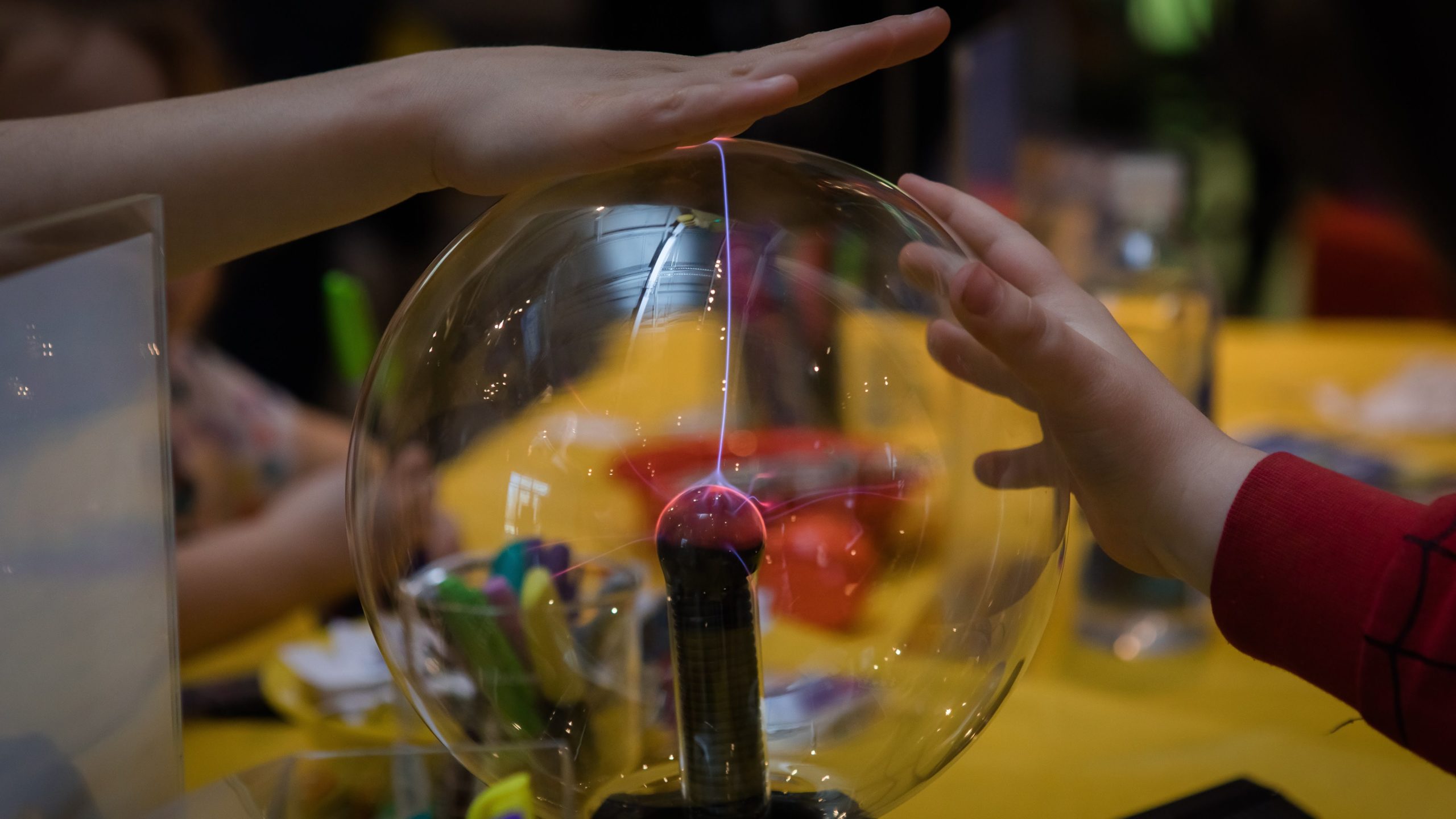Mindful Mondays: Let’s Talk About It!
The Fort Collins Museum of Discovery (FCMoD) is honored to bring the groundbreaking traveling exhibition Mental Health: Mind Matters to our community from October 3, 2020- January 10, 2021. With the generous support of our community partners this exhibit and the museum are free during the run of this exhibit.
In the fall of 2018, FCMoD secured this exhibit knowing that mental health would be a timely topic for our community. And while this topic was important two years ago, the need for us as individuals, neighbors, parents, children, community members and community leaders to engage in conversation about mental health and mental illness has only grown.
Between the COVID-19 public health crisis, economic recession, wildfires, and unrest around racial justice, the year 2020 has given us all our share of challenges. Although uncertainty and difficulties still walk with us through this time, so do the threads of hope and greater resiliency. This year, we found new ways to connect with one another, had opportunities to challenge assumptions and reframe narratives, and refocused areas in our lives that we find to be most important. This exhibit provides yet another opportunity to step into a conversation that touches all of our lives, in an environment that is safe, welcoming and hopeful.
Mental Health: Mind Matters is an interactive, trilingual exhibit that provides experiences for visitors of all ages to help open the door for greater understanding, conversations and empathy toward the challenges of mental health. Walking through the exhibit you will have the opportunity to engage with empathy-building experience like hearing from people – in their own words – about how mental illness affects their lives. Interactives like noise-distorting headphones help visitors experience the difficulties some people have with symptoms of psychosis. Another interactive lets you dance around to learn about the connection between physical activity and mental wellness. Test your knowledge with a multi-player quiz about common misperceptions around mental illnesses and mental health. Anchored toward the back of the exhibit, you can check out a resource area that includes both children and adult activities, books and other helpful resources on mental health. Don’t forget to visit the Worry Shredder to shred your worries away! These are just some of the many incredible experiences in this remarkable exhibit.
Working with our community partners, FCMoD will feature virtual and in-person programming throughout the dates of this exhibit. Forest therapy walks encourage participants to relax in nature. FCMoD’s virtual lecture series, Discovery Live, offers opportunities to hear from the mental health experts in our community and learn about the amazing work their organizations are doing. Programming in the museum’s gallery demonstrates different mindfulness techniques and relaxation activities. Visit fcmod.org to find the programs that resonate with you and learn how to take this conversation to the next level.
As you consider visiting FCMoD, we want you to know about our deep commitment to keeping you safe during your visit. Gallery hosts regularly clean the museum throughout the day, with special attention to high-touch areas. All visitors over the age of two to are required to wear a face covering, and contact information will be requested at the beginning of the visit to help with contact tracing. Although the museum is free through January 10, ticket reservations are required to help manage capacity and appropriate physical distancing. Groups 15 should contact the museum to reserve blocks of tickets. Ticketing information is available on the Plan Your Visit webpage.
To stay informed on the latest Mental Health: Mind Matters programs and experiences, visit the Mind Matters webpage and follow us on Facebook, Instagram, Twitter. Don’t forget to tag us in your experiences when you visit the museum to help us #MakeItOk.
We look forward to welcoming you to FCMoD to experience this amazing exhibit!
Continue Reading


